

7.00pm 2 & 3 December
Queen Elizabeth Hall




7.00pm 2 & 3 December
Queen Elizabeth Hall

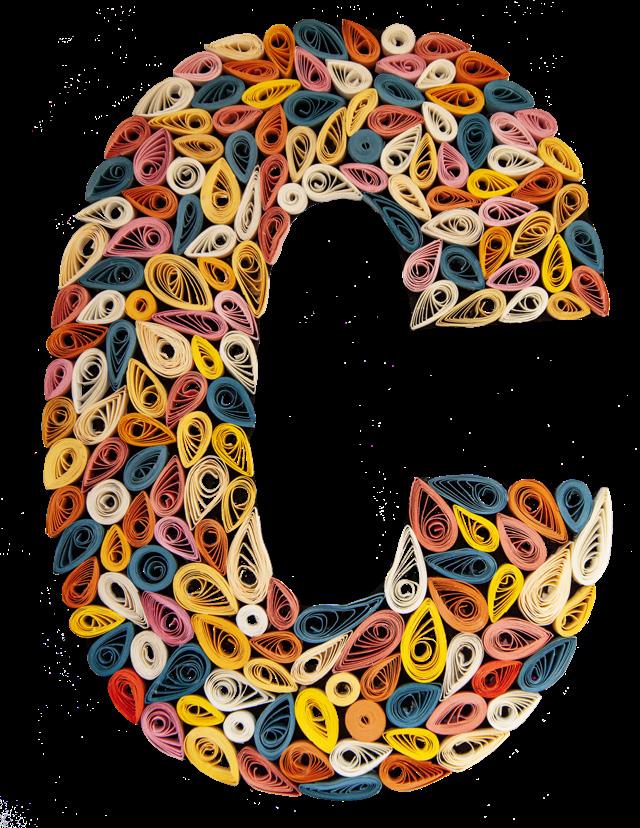


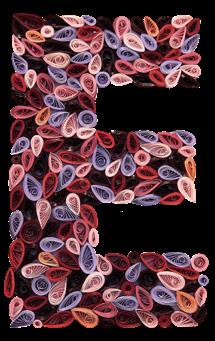


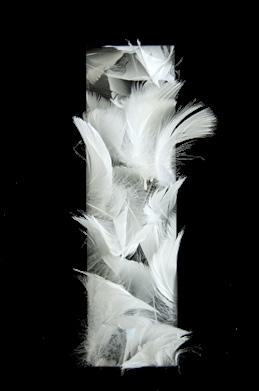



“What we call the beginning is often the end And to make an end is to make a beginning. The end is where we start from.”
From
by TS Eliot
Welcome to our 2023 / 24 season here at the Southbank Centre.
TS Eliot presents us with the conundrum of progress. How do ideas evolve, where do we continue, where do we originate? If it is true that you can hear the foundation of Bach, the great building blocks of western music, in the sound of Mendelssohn, can’t you also hear the sparkling innovation in Mozart that announces the genius of later generations? In the risk-taking dissonances and melodic invention of Purcell, that gives his words a brilliant musical drama, don’t we find the revolutionary tinder that inflames the subversive settings of Mozart’s operas, The Marriage of Figaro and The Magic Flute? What do we make of our tidy system of catalogues, of order, of convenient bundling into artistic periods – a history we like to describe as passing from ‘medieval’ to ‘romantic’ – when truth is repeatedly less convenient; when the Christmas Oratorio, Bach in his stylistic prime, is just 25 years earlier than Haydn’s first symphony, no less a statement of artistic assurance; when Mendelssohn’s third symphony was really his last. If you find all of this puzzling, if not downright confusing, then you have come to the right place. So do we.
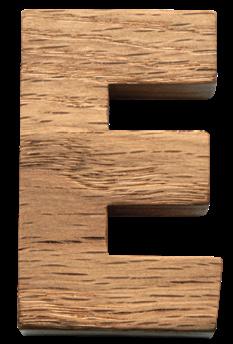
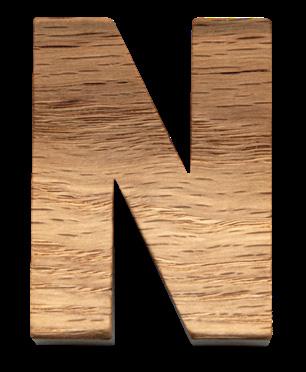

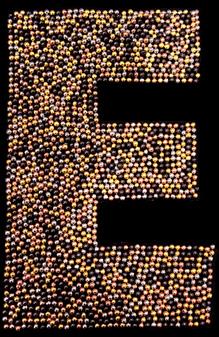


2023/24Season
Music is always part of a story. It might be that of a composer, the musicians performing it, or the audience absorbing it. It can be part of a collective chronicle or individual memories. It can hold the saga of a nation. In that sense we are always at the end, looking back.
The stories come alive when we begin to experience the music and curiosity drives us to begin our own journey. In our 2023 / 24 season of concerts at the Southbank Centre it is that desire to untangle the beginnings and endings – and all the bits in the middle – that has shaped our musical choices.
Thank you for joining with us to puzzle together this magnificent season.
It is a season built, of course, around the remarkable musicians of the OAE working with great artistic veterans, the guardians of the future and inspiring new generation talent. But the final, and most important, piece of the jigsaw is YOU. By being here in the audience today you have made the choice to support artistic endeavour, to sustain it and to be part of the story. Bravo. Season identity by Hannah Yates.
Every year one hears the plaintive lament that Christmas has been mentioned even earlier than before, with shops advertising their wares at an eye-wateringly premature date. There was less risk of this happening to an 18th-Century German Lutheran like JS Bach. Living in Leipzig as a busy director of music overseeing several churches, the rhythms of the liturgical calendar would have been palpable. The Christmas season began on 25 December, lasting until the feast of the Epiphany in January. Leading
up to this was the season of Advent, with its more solemn sense of preparation, and there were numerous liturgical and cultural markers to denote this shift between anticipation and celebration. Even so, Bach had to think ahead, and in 1734 he set about preparing for the Christmas season of 1734 – 35 by writing a vast Christmas oratorio: a set of six cantatas to be performed on six key occasions during the Christmas period.


Meanwhile, although the distinction between Advent and Christmas was a firm one, Bach’s compatriots relished getting into the festive spirit. In Dresden in 1730, Augustus II the Strong, Elector of Saxony, ordered the Bakers’ Guild of Dresden to bake an enormous Stollen cake weighing 1.7 tonnes so that everyone might enjoy a piece – an undertaking that called for the construction of a giant Stollen oven and Stollen knife. Back in Leipzig, the local pastry delicacy was the Leipziger Lerche, a lark pie (in 1720, 400,000 larks were sold for consumption, although the practice was banned 150 years later and the filling replaced with crushed almonds, other nuts and cherries), washed down with Gose, a local sour beer particularly popular during Bach’s era. At Christmas time, both Glühwein (mulled wine) and Lebkuchen (a type of gingerbread) were already seasonal staples.
The Leipzig marketplace was and is a focal point of the city, and while the Weihnachtsmarkt or Christmas market
as we might recognise it is a more recent phenomenon, officially established there in 1767, the Saxony tourist board proudly asserts that the Leipzig Christmas market dates back to 1458. Christmas or December markets proliferated across Germany in the Middle Ages, usually opening at the beginning of Advent. By Bach’s time, the marketplace would have been illuminated by glimmering lamplight: on Christmas Eve 1701, an oil-fuelled system of street lighting was installed in Leipzig, with special guards employed to light all 700 lamps punctually.
We know that Bach enjoyed his beer and his coffee but – in a scenario that will be familiar to most musicians in the run-up to Christmas – he was probably too busy with his commitments to enjoy these festivities to the full. His duties at Leipzig were phenomenally heavy, combining the composition of weekly cantatas and other music for four of the city’s churches, as well as for its civic ceremonies, with teaching Latin (a task he delegated to a deputy), training four choirs of schoolboys, and giving instrumental lessons to the most promising pupils.
Bach had been appointed Director of Music in Leipzig and Cantor of the St Thomas Boys Choir, made up of boys from the city’s Thomasschule and affiliated with the Thomaskirche, in 1723, retaining the position until his death in 1750. He would probably have regarded the initial appointment as a step down from his previous role in Cöthen, and he had little respect for his employers; the council, meanwhile, considered him a mediocrity. Tensions soon surfaced. In 1729, when the school’s headmaster died, complaints about the composer were voiced. Bach in turn aired his own grievances and outlined his requirements for music-making in 1730: ‘A well-appointed church music
requires vocalists and instrumentalists... Every musical choir should contain at least 3 sopranos, 3 altos, 3 tenors, and as many basses, so that even if one happens to fall ill (as very often happens, particularly at this time of year, as the prescriptions written by the school physician for the apothecary must show) at least a double-chorus motet may be sung.’ He was frustrated by the effect of his limited forces on performance standards: ‘... if I should mention the music of the Holy Days (on which I must supply both the principal churches with music), the deficiency of indispensable players will show even more clearly...’.
It is remarkable that Bach wrote so much extraordinary music in these trying conditions, including his St Matthew and St John Passions and three oratorios for Christmas, Easter and Ascension. This is perhaps best explained by Bach’s stubborn yet practical personality. In 1747, he would respond to an apparently impossible musical challenge laid down by Frederick the Great with The Musical Offering, suggesting that his genius was inspired rather than diminished by those who doubted him; friction at Leipzig may therefore have been the grit in the oyster needed for the creation of musical pearls.

Violins I
Kati Debretzeni
Alice Evans
Daniel Edgar
Henry Tong
Violins II
Huw Daniel
Andrew Roberts
Claire Holden
Debbie Diamond
Violas
Max Mandel
Oliver Wilson
Annette Isserlis
Cellos
Jonathan Manson
Andrew Skidmore
Bass
Christine Sticher
Flutes
Lisa Beznosiuk
Neil McLaren
Oboes
Katharina Spreckelsen
Alexandra Bellamy
Sarah Humphrys
Oboes da caccia
Sarah Humphrys
Hilary Stock
Bassoon
Györgyi Farkas
Horns
Gavin Edwards
Martin Lawrence
Trumpets
David Blackadder
Phillip Bainbridge
Matthew Wells
Timpani
Adrian Bending
Organ
Steven Devine
Harpsichord
Satoko Doi-Luck
Choir of the Age of Enlightenment
Soprano
Jessica Cale
Samantha Cobb
Amy Wood
Alto
Hugh Cutting
David Clegg
Tristram Cooke
Rebecca Leggett
Tenor
Guy Cutting
Matthew Beale
Benedict Munden
Edward Ross
Bass
Florian Störtz
Jonathan Brown
Robert Davies
Philip Tebb
Players in bold are OAE principal players
Saturday 2 December 2023
7.00pm at the Southbank Centre’s Queen Elizabeth Hall
Weihnachtsoratorium (Christmas Oratorio), BWV 248
Part 1 – First Day of Christmas Jauchzet, frohlocket, auf, preiset die Tage (Celebrate, rejoice, rise up and praise these days)
1. Chorus
2. Recitative (Evangelist)
3. Accompagnato (Countertenor)
4. Aria (Countertenor)
5. Chorale
6. Recitative (Evangelist)
7. Chorale & Recitative (Bass)
8. Aria (Bass)
9. Chorale
Part 2 – Second Day of Christmas
Und es waren Hirten in derselben Gegend (And there were shepherds in the same region)
10. Sinfonia
11. Recitative (Evangelist)
12. Chorale
13. Recitative (Evangelist)
14. Recitative (Bass)
15. Aria (Tenor)
16. Recitative (Evangelist)
17. Chorale
18. Recitative (Bass)
19. Aria (Countertenor)
20. Recitative (Evangelist)
21. Chorus
22. Recitative (Bass)
23. Chorale
Interval
Singet dem Herrn ein neues Lied (Sing to the Lord a new song!), BWV 225
Chorus
Aria
Chorale
Chorus
Weihnachtsoratorium (Christmas Oratorio), BWV 248
Part 3 – Third Day of Christmas Herrscher des Himmels, erhöre das Lallen (Ruler of Heaven, hear the murmur)
24. Chorus
25. Recitative (Evangelist)
26. Chorus
27. Recitative (Bass)
28. Chorale
29. Aria Duetto (Soprano & Bass)
30. Recitative (Evangelist)
31. Aria (Countertenor)
32. Recitative (Countertenor)
33. Chorale
34. Recitative (Evangelist)
35. Chorale
Sunday 3 December 2023
7.00pm at the Southbank Centre’s Queen Elizabeth Hall
Sanctus from Mass in B Minor, BWV 232
Sanctus
Pleni sunt coeli
Weihnachtsoratorium (Christmas Oratorio), BWV 248
Part 4 – Feast of the Circumcision of Christ (New Year’s Day)
Fallt mit Danken, fallt mit Loben (Fall with gratitude, fall with praise)
36. Chorus
37. Recitative (Evangelist)
38. Recitative (Bass) with Chorale
39. Aria (Soprano)
40. Recitative (Bass) with Chorale
41. Aria (Tenor)
42. Chorale
Interval
Part 5 – Sunday after New Year’s Day
Ehre sei dir, Gott, gesungen (Let honour be sung to You, o God)
43. Chorus
44. Recitative (Evangelist)
45. Chorus & Recitative (Countertenor)
46. Chorale
47. Aria (Bass)
48. Recitative (Evangelist)
49 – 50.
Accompagnato (Countertenor) & Recitataive (Evangelist)
51. Aria Terzetto (Soprano, Countertenor & Tenor)
52. Recitative (Countertenor)
53. Chorale
Part 6 – Feast of Epiphany
Herr, wenn die stolzen Feinde schnauben (Lord, when our proud enemies snarl)
54. Chorus
55. Recitative (Evangelist & Herod)
56. Accompagnato (Soprano)
57. Aria (Soprano)
58. Recitative (Evangelist)
59. Chorale
60. Recitative (Evangelist)
61. Accompagnato (Tenor)
62. Aria (Tenor)
63. Recitative (Soprano, Countertenor, Tenor & Bass)
64. Chorale
Orchestra of the Age of Enlightenment
Choir of the Age of Enlightenment
Jessica Cale soprano
Hugh Cutting countertenor
Guy Cutting Evangelist / tenor
Florian Störtz bass-baritone
Masaaki Suzuki conductor
These concerts are supported by Adrian Frost and Rosalyn & Philip Wilkinson
Surtitle translations © Pamela Dellal, courtesy Emmanuel Music Inc.
A text and translation sheet can be downloaded from the event page for this concert at oae.co.uk
Surtitles by Damien Kennedy
Joanna
Bach composed his Christmas Oratorio for six separate services: Christmas Day itself and the two days that followed; the Feast of the Circumcision, the Sunday after New Year and the Feast of the Epiphany. Despite this extended conception, Bach ensured that each cantata worked as part of a larger whole, with unifying touches such as using the same melody for the first chorale in Part One as for the closing number of Part Six. Bach was careful in his approach to the Christmas narrative, overriding the liturgical order of the Gospel readings to structure the work so that it tells the Christmas story coherently.
The text was probably written by Bach’s regular collaborator Picander, the pseudonym of Christian Friedrich Henrici. Picander wrote of his cantata texts in 1728: ‘I flatter myself that the lack of poetic charm may be compensated for by the loveliness of the music of our incomparable Kapellmeister Bach, and that these songs may be sung in the main churches of our pious Leipzig.’ However, the Christmas Oratorio texts do not appear in Picander’s collected poems, casting doubt over their authorship. They are based on the Lutheran Bible, specifically the Gospels of Matthew and Luke, and Bach may well have chosen which excerpts he wished to set to music.
Both Bach and Picander were skilled at the art of ‘parody’, a word that now has satirical connotations but which entailed adapting secular materials into a sacred context – a common procedure in the Baroque period. For the Christmas Oratorio, Bach drew most
heavily on two secular cantatas composed in 1733: Tönet, ihr Pauken! (BWV 214) and Lasst uns sorgen, lasst uns wachen (BWV 213). It is remarkable that, once they are given new libretti, key, instrumentation or vocal register, Bach’s parodies are so effective in communicating their newly sacred meaning; ever pragmatic and ever busy, it is even possible that he composed the secular music with an eye to later reuse, creating something sufficiently versatile that it might lend itself to different contexts.
In Part One of the Christmas Oratorio, the opening chorus and both arias are parodies of music from BWV 213 and BWV 214; the chorus, derived from BWV 214, is generously scored for pairs of flutes and oboes, three trumpets, drums, strings and continuo. Advent is the theme of the next three numbers: the Evangelist’s recitative (a role taken, as usual in Bach, by the tenor soloist), and the alto’s recitative and aria, both featuring oboes d’amore. Then comes the chorale that uses the same melody (‘Herzlich tut mich verlangen’) as in the final chorus of Part Six. The Evangelist’s recitative introduces the Christmas story, followed by a contemplative movement in which the chorale melody for sopranos is punctuated by bass recitative. A ‘da capo’ aria for bass follows, and the closing chorale uses Luther’s hymn tune ‘Vom Himmel hoch, da komm ich her’.
In Part Two, the birth of Christ is announced to the shepherds, and Bach sets the pastoral scene with a lilting, spacious Sinfonia featuring exchanges
Right: Score of Christmas Oratorio
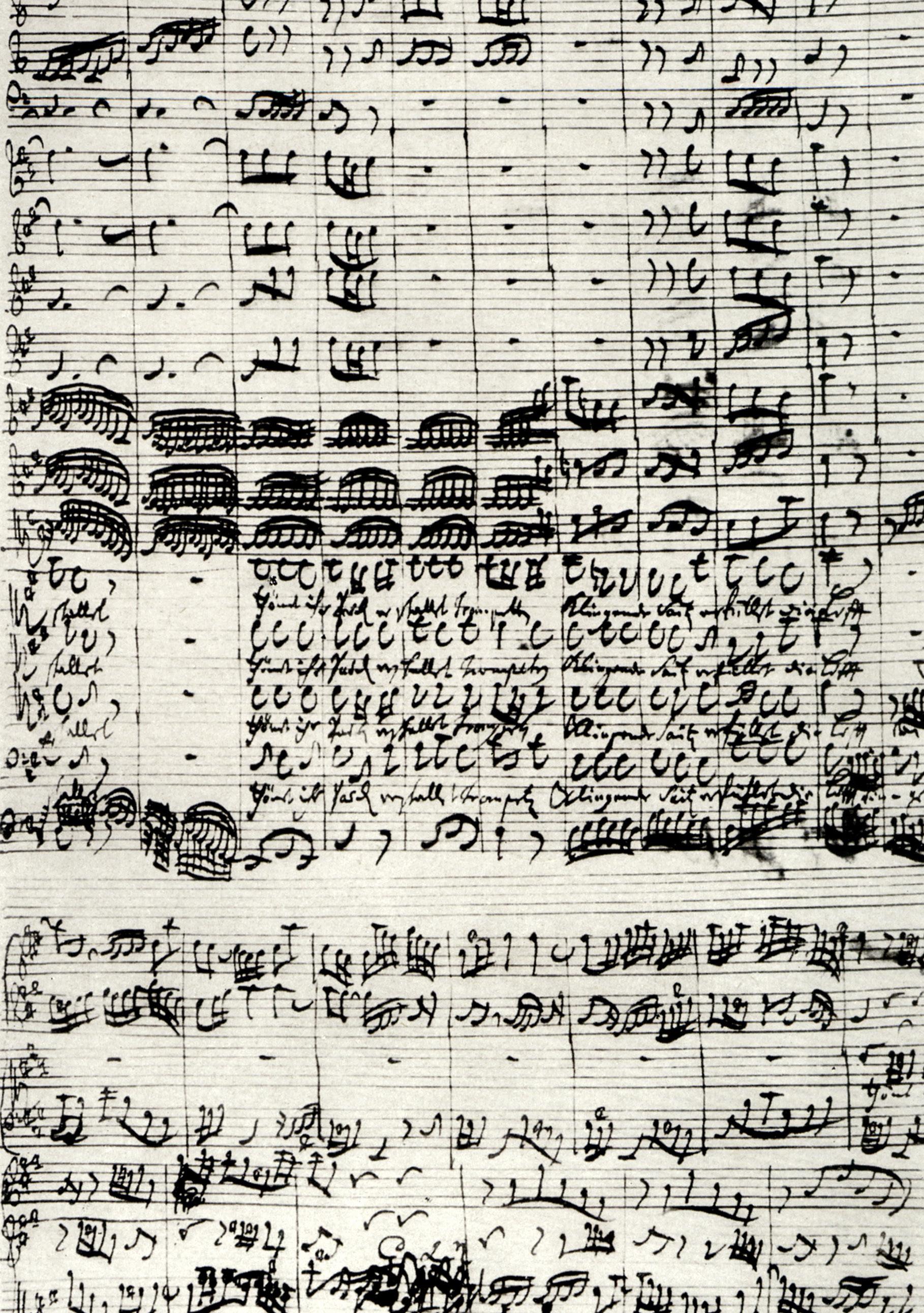
between flutes and strings (perhaps symbolising the angels), and oboes d’amore and oboes da caccia (possibly representing the shepherds). A recitative from the Evangelist prefaces a chorale based on the 1641 hymn ‘Ermuntre dich, mein schwacher Geist’, followed by recitatives for the soprano, singing the words of the angel, and bass, who, accompanied by four-part oboe writing, reminds us of God’s promise to Abraham. The tenor aria parodies an alto aria from BWV 214, before another Evangelist recitative heralds a chorale again based on ‘Vom Himmel hoch, da komm ich her’.
A bass recitative with four-part oboe choir leads us to the beautiful alto ‘slumber song’, ‘Schlafe, mein Liebster’ (derived from BWV 213). Another brief recitative for the Evangelist introduces a grand, intricate chorus; after a bass recitative, the final number yet again uses ‘Vom Himmel hoch, da komm ich her’, interwoven with material from the Sinfonia.
In the first half of the work the first two parts are in the connected keys of D major and G major, with Part Three returning to D in the expansive opening chorus – a parody of music from BWV 214. The next three numbers are linked: the Evangelist’s recitative leads into a ‘turba’ chorus (crowd scene) for the shepherds, and then a bass recitative. A chorale anticipates a warm, dancing duet for soprano and bass (a parody of a duet from BWV 213). Following the Evangelist’s recitative comes an alto aria with ornate violin solo: the only brand-new aria in the oratorio. Part Three culminates in alternate recitatives and chorales, after which the opening chorus is reprised.
Part Four, for performance on New Year’s Day, is framed by two choruses in F major. The first of these is a parody of music
from BWV 213 (as are both Part Four arias) and includes two horns. The Evangelist’s recitative takes us into an unusual series of episodes: an accompanied bass recitative is interrupted by a snatch of a hymn, which resumes after an aria for soprano, echo soprano, oboe and continuo. There is a contrasting aria for tenor, and a fulsome concluding chorale again using horns.
Part Five is more pared-down in instrumentation, opening with a charming, intimate chorus of thanksgiving, after which the focus turns towards the Magi and Herod. A chorus derived from Bach’s St Mark Passion follows the Evangelist’s introduction, interspersed with recitative from the alto. A chorale verse prefaces a bass aria that parodies music from BWW 215, another secular cantata. Recitatives for tenor and alto precede a trio for soprano, alto and tenor, followed by a brief alto recitative and closing chorale.
The story of the Magi continues in Part Six. Much of the music is thought to come from one of Bach’s lost church cantatas, BWV 248a. Part Six opens with a glorious, fugal chorus, featuring a similar lineup of instruments to that opening Part One, but omitting flutes. Recitatives for tenor and bass, and then soprano, lead us into a spirited soprano aria, followed by a chorale flanked by Evangelist recitatives. An accompanied tenor recitative with oboes d’amore and continuo anticipates an aria in which the same forces are prominent. The final movement is heralded by a recitative for all four soloists, which announce the joyful conclusion of Part Six and, indeed, of the whole work – a masterpiece worthy of the words of Johann Nikolaus Forkel, Bach’s first biographer, who wrote of ‘the lofty summit of perfection in art which, in the most intimate union of melody and harmony, nobody besides Johann Sebastian Bach has ever yet attained.’


Jessica Cale
Welsh Soprano, Jessica Cale, is the 2020 First Prize winner of the Kathleen Ferrier Awards and Joint Audience prize winner at the 2020 London Handel Festival International Singing Competition. Recent Operatic highlights include Jessica’s European and house debut at Teatro La Fenice playing 2nd Niece in Britten’s Peter Grimes; role debut as Susanna in Mozart’s The Marriage of Figaro for Waterperry Opera Festival; covering the role of Helena in Britten’s A Midsummer Night’s Dream for the 2023 Glyndebourne Festival; company and role debut in the title role for Monteverdi’s The Coronation of Poppea for English Touring Opera. Jessica is a graduate of the Royal College of Music International Opera Studio with an Artist Diploma in Opera and a Master of Performance with distinction.
On the concert platform, Jessica has performed under the batons of Sir John Eliot Gardiner, Paul McCreesh, Harry Christophers, Jonathan Cohen, Christian Curnyn, Ian Page and Brian Kay. Notable concert highlights include: Purcell’s King Arthur at Opera de Lausanne; Handel’s Scipione at the London Handel Festival;
Mendelssohn’s A Midsummer Night’s Dream with Scottish Chamber Orchestra; Britten’s Les Illuminations in Vilnius, Lithuania for the British Ambassador; Bach with the Dunedin Consort at Wigmore Hall; Jessica’s debut at Cadogan Hall with The Mozartists; Porpora and Handel at Bilbao’s Musika Música Festival with Arcangelo, Handel’s Messiah at the Royal Albert Hall and Mendelssohn’s Elijah at the Berlin Philharmoniker. Jessica appears on video recordings with the Orchestra of the Age of Enlightenment of Bach’s St John Passion alongside Gerald Finley and Mark Padmore, and ‘Telling Tales with Telemann’ alongside Tabea Debus. Jessica is a Samling Artist and a keen recitalist. In 2024 Jessica looks forward to a Bach & Handel recital at St Martin in the Fields, performances with the Dunedin Consort & the Gabrieli Consort, and performing the role of Countess Almaviva in Garsington Opera’s OperaFirst performance of Le nozze di Figaro.

British tenor Guy Cutting is establishing himself as a sought-after interpreter of Bach and other masters of the baroque. He has collaborated with a number of
the foremost practitioners on the period performance scene such as Philippe Herreweghe, Nicholas Kraemer, John Butt, Paul McCreesh, Marcus Creed, Jeffrey Thomas and Jos van Veldhoven as well as the new generation of conductors and directors including Jonathan Cohen, Laurence Cummings, Leonardo García Alarcón, Shunske Sato, Robert Howarth, Steven Devine and Reinoud van Mechelen.
Guy Cutting’s engagements have included appearances with The Orchestra of the Age of Enlightenment (including his BBC Proms début singing the Bach B Minor Mass), The Academy of Ancient Music, Monteverdi Choir, Collegium Vocale Gent, Royal Concertgebouw Orchestra, the Netherlands Philharmonic, The Gabrieli Consort, The Dunedin Consort, De Nederlandse Bachvereniging, the English Chamber Orchestra Swedish Baroque Orchestra, Real, Filharmonia de Galicia and the American Bach Soloists.
He has performed Schubert with Kristian Bezuidenhout (released on OAE Player) and has given recitals of Gurney and Butterworth at the Oundle International Music Festival and Britten and Finzi at the Clifton International Festival of Music with pianist Hannah Ely. He has performed Purcell Songs with Hirono Tozaki, harpsichord, in Shizuoka, Japan and Purcell, Lawes and Blow with Aileen Henry, baroque harp, at The Music Room, Mayfair. Guy is a member of Damask Vocal Quartet performing the 19th and 20th century chamber repertoire as well as commissioning new works for vocal quartet. He has recorded Scarlatti and Handel on the Avie label, Charpentier, Couperin, Blow and Mozart for Novum and Gabriel Jackson Passion for Delphian.
Guy was a chorister and later a choral scholar at New College, Oxford where he gained a first-class degree in Music. In 2013 he became the inaugural recipient of the American Bach Soloists’ Jeffrey
Thomas Award and was a Rising Star of the Enlightenment.
His plans include débuts with The Mozartists, Bournemouth Symphony Orchestra and Britten Sinfonia; a European tour of Bach Christmas Oratorio with the OAE and Masaaki Suzuki, Bach with Collegium Vocale Gent / Herreweghe, Mozart with the Netherlands Radio Philharmonic and a recital of Vaughan Williams, Britten and Gurney with George Ireland, piano, at the Crete Sinesi Festival.
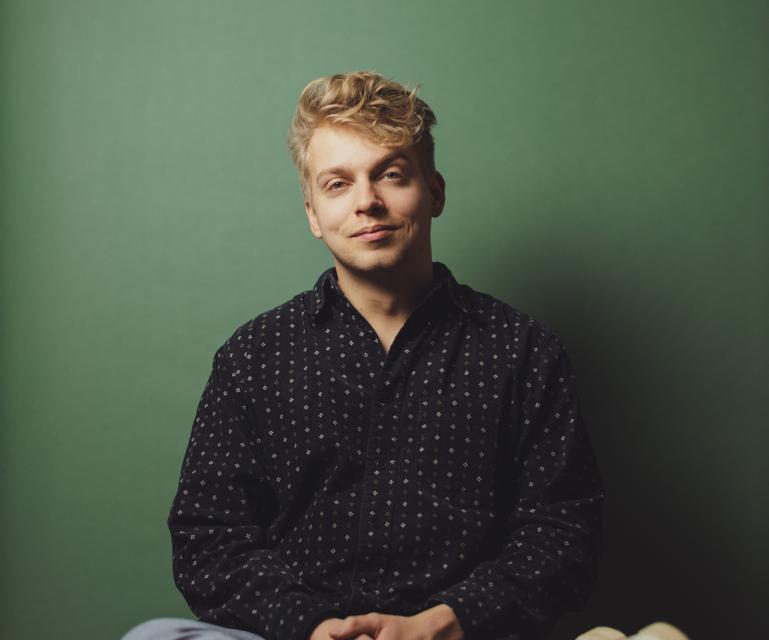
Hugh Cutting is a graduate of the Royal College of Music where he was a member of the International Opera Studio. On graduating, he was awarded the Tagore Gold Medal, presented by King Charles III. In the autumn of 2021, Hugh became the first countertenor to win the Kathleen Ferrier Award and is the first countertenor to become a BBC New Generation Artist (2022 – 24).
In the 2022/23 season, Hugh made his debut at Opernhaus Zürich singing Monteverdi madrigals in Christian Spuck’s ballet setting. Future opera appearances include his debut at Teatro alla Scala as Corindo in a new production of Cesti’s Orontea as well as appearances at Grange Park Opera and Garsington Opera.
On the concert platform, Hugh reunites with Les Arts Florissants / William Christie for multiple projects including Polinesso in Handel’s Ariodante, a solo programme of Italian baroque arias at the Philharmonie de Paris, and a duet programme with Carlo Vistoli at Wigmore Hall; a European tour of Bach’s Christmas Oratorio with the Orchestra of the Age of Enlightenment / Masaaki Suzuki; Bach’s St Matthew Passion with the Wiener Symphoniker / Matthew Halls and on tour with Collegium Vocale Gent / Philippe Herreweghe; Bach’s B Minor Mass with Rundfunk-Sinfonieorchester Berlin / Vladimir Jurowski; Handel’s Messiah with the Royal Liverpool Philharmonic/Bernard Labadie and Les Arts Florissants/Paul Agnew, two tours with Il Pomo d’Oro including Arscace in Handel’s Berenice in Madrid and Paris; a solo programme of Bach’s Cantatas with the Dunedin Consort; and The Boy in Benjamin’s Written on Skin with Stavanger Symphony Orchestra / George Benjamin. A committed recitalist, in 2023 / 24 Hugh appears in recital at the Oxford International Song Festival and returns to Wigmore Hall.
Hugh has recorded Purcell Royal Odes and Birthday Odes for Queen Mary with The King’s Consort and Robert King alongside Iestyn Davies and Carolyn Sampson, and Lamento with Iestyn Davies and Fretwork for Signum Classics.

Florian is the winner of the 2023 International Handel Singing Competition as well as the 2023 Helmut Deutsch Song Competition. This season will see him perform under the baton of Masaaki Suzuki on a European tour of Bach’s Weihnachtsoratorium with the OAE, a UK tour of the Johannespassion with Oxford Bach Soloists as well as his debut at the Händel-Festspiele Halle. He is returning to the London Handel Festival in a production of Esther under the direction of Laurence Cummings. His recording of Duruflé’s Requiem with the Choir of Trinity College, Cambridge is published by Hyperion.
On the recital stage, Florian’s recent appearances include French song concerts at Salle Cortot, Paris and Wigmore Hall as part of the Wigmore Hall French Song Exchange, as well as at song festivals in Zeist (NL) and Leeds (UK). Together with pianist Mark Rogers, he has won the Prix de mélodie at the 2023 International VoicePiano Competition ‘Lili et Nadia Boulanger’ in Paris. The current season further sees his recital debut alongside pianist Helmut Deutsch at the International Music Festival Zell am See, as well as his participation in the 2024 SongStudio at Carnegie Hall working with Renée Fleming. Operatic roles include Bartolo in Mozart’s Marriage of
Figaro, Masetto & Commendatore in Don Giovanni (Orchestra VOX / Hannah von Wiehler) and Sir Thomas in Jonathan Dove’s Mansfield Park.
Florian is an alumnus of the Royal Academy of Music, London where during his studies he was awarded first prizes for both opera and song recitals, as well as the Britten Pears Young Artist Programme. Having enjoyed his musical upbringing in the vocal music scene around Trier Cathedral (Germany), he is now based in London

Since founding Bach Collegium Japan in 1990, Masaaki Suzuki has established himself as a leading authority on the works of Bach. He has remained their Music Director ever since, taking them regularly to major venues and festivals in Europe and the USA and building up an outstanding reputation for the expressive refinement and truth of his performances.
In addition to working with renowned period ensembles, such as the Orchestra of the Age of Enlightenment and Philharmonia Baroque Orchestra, Suzuki is invited to conduct repertoire as diverse as Brahms, Britten, Fauré, Mahler, Mendelssohn and Stravinsky, with orchestras such as the Bavarian Radio, Danish National Radio, Gothenburg
Symphony, Orchestre Philharmonique de Radio France, and Yomiuri Nippon Symphony Orchestras. This season he visits the Montreal Bach Festival, the New York Philharmonic, the San Francisco Symphony, the Mozarteumorchester Salzburg and the Lahti Symphony Orchestra.
Suzuki’s impressive discography on the BIS label, featuring all Bach’s major choral works as well as complete works for harpsichord, has brought him many critical plaudits – the Times has written: “it would take an iron bar not to be moved by his crispness, sobriety and spiritual vigour”. 2018 marked the triumphant conclusion of Bach Collegium Japan’s epic recording of the complete sacred and secular cantatas initiated in 1995 and comprising sixty-five volumes. The ensemble has recently recorded the Grammophone’s awarded Bach’s St. John’s Passion and St. Matthew’s Passion.
Bach Collegium Japan has been invited in a previous season to participate, as one of three ensembles, in the cantata cycle at Bachfest Leipzig, where they also gave a critically acclaimed performance of Mendelssohn’s Elias; their busy touring schedule also took them to the USA performing at venues including the Alice Tully Hall, New York and San Francisco’s Davies Symphony Hall. This autumn, they will be on a European tour with concerts in Wroclaw, Cologne, Vienna, Dusseldorf, Lausanne, Paris, Antwerp, Madrid, The Hague and then they will also visit the United States and Canada during winter.
Suzuki combines his conducting career with his work as an organist and harpsichordist; he recently recorded Bach’s solo works for these instruments. Born in Kobe, he graduated from the Tokyo University of Fine Arts and Music with a degree in composition and organ performance and went on to study at the Sweelinck Conservatory in Amsterdam under Ton Koopman and Piet Kee. Founder and
Professor Emeritus of the early music department at the Tokyo University of the Arts, he was on the choral conducting faculty at the Yale School of Music and Yale Institute of Sacred Music from 2009 until 2013, where he remains affiliated as the principal guest conductor of Yale Schola Cantorum.
In 2012 Suzuki was awarded with the Leipzig Bach Medal and in 2013 the Royal Academy of Music Bach Prize. In April 2001, he was decorated with ‘Das Verdienstkreuz am Bande des Verdienstordens der Bundesrepublik’ from Germany.
Initiated in 2017, the Rising Stars of the Enlightenment scheme for emerging singers is part of the OAE’s broader commitment to investing in the talents of the future. The two-year programme supports artists in their professional development and includes numerous performance opportunities with the Orchestra as part of the programmes at its London residencies at the Southbank Centre and Kings Place, as well as around the UK and on international tours.
The Rising Stars for 2023 – 2025 are Madison Nonoa (soprano), Frances Gregory (mezzosoprano), Rebecca Leggett (mezzo-soprano), Laurence Kilsby (tenor), Malachy Frame (baritone) and Florian Störtz (bass). During the 2023 / 24 season they will perform as soloists in the Christmas Oratorio (including

on a European tour), the Easter Oratorio and throughout the Bach, the Universe and Everything series at Kings Place.
The six singers were selected from an impressive field of over 100 applicants who responded to an open call and following an audition process that included video and live auditions. Tenor Mark Padmore, who is patron of the programme and part of the selection panel, added: “Yip Harburg, the lyricist of The Wizard of Oz wrote ‘words make you think a thought, music makes you feel a feeling, but a song makes you feel a thought’. The singers we have chosen for Rising Stars have the ability to communicate not just with beauty of sound but with intelligent engagement with text. This is what great singing is all about.”


Join to enjoy exclusive films and support us in making access to music part of everyday life for the students at Acland Burghley School and beyond.
For just £1.99 a month
• Get exclusive access to films of OAE performances only available to our YouTube channel members.
• Support an artistic mission that begins in a North London comprehensive school and reaches around the world.
Help us:
• Redefine the relationship between culture and education.
• Make access to high-quality music and the arts a routine expectation of children growing up in this country.


















































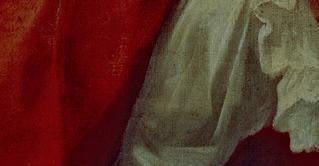
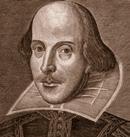



































































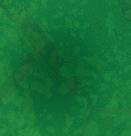












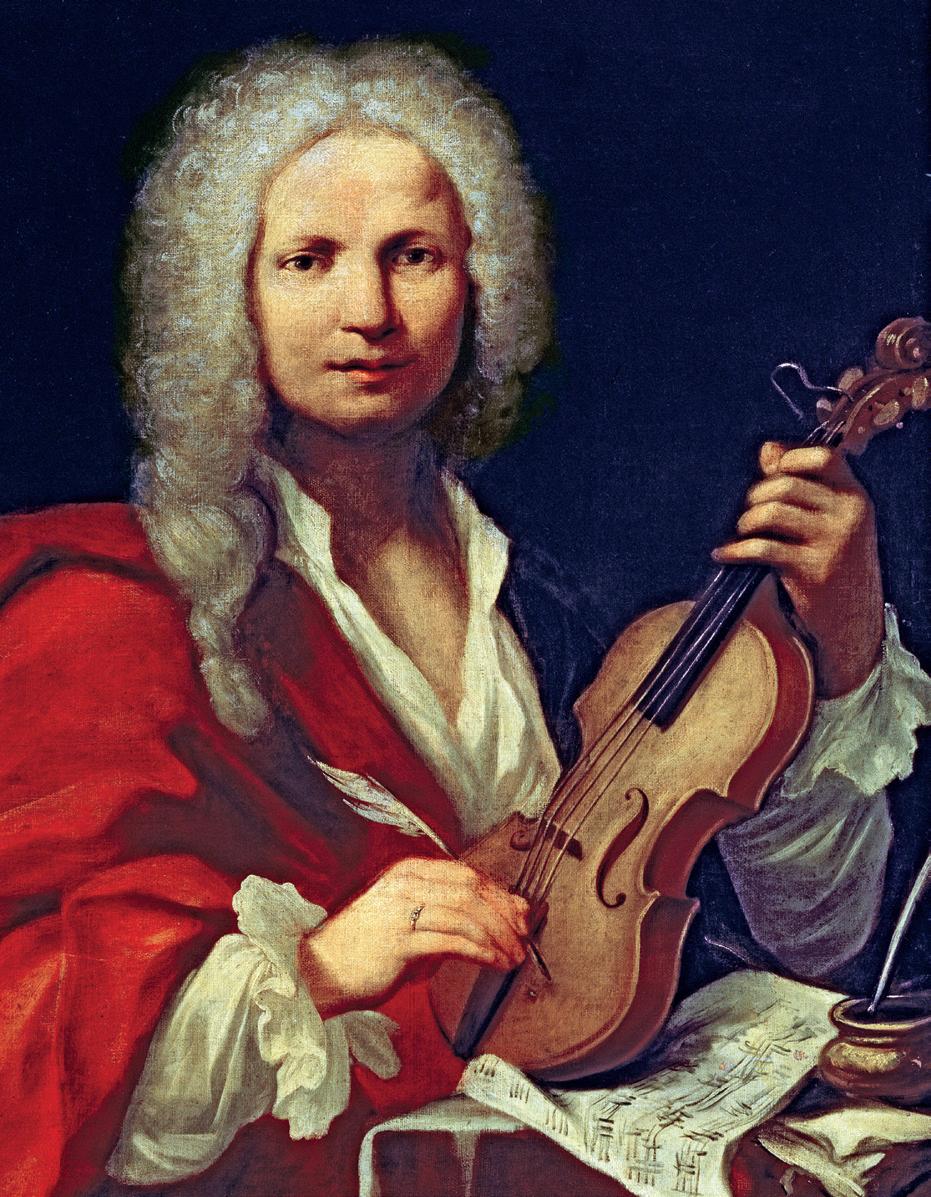



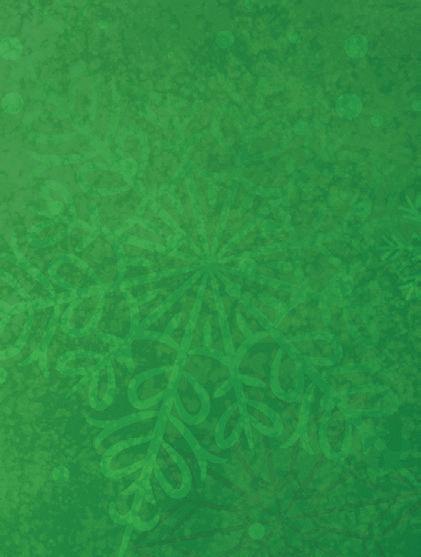

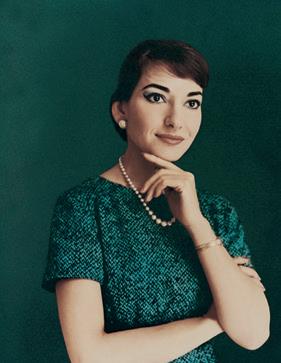
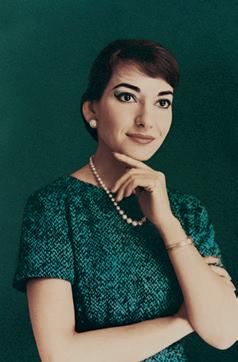




































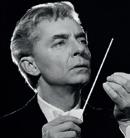
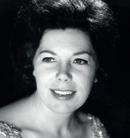



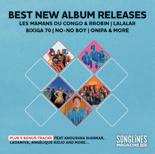
















A founding member of Champagne’s prestigious Grandes Marques Houses, Champagne Deutz has been making distinctive champagnes marked by finesse, elegance and complexity since 1838
Available at The Wine Society, Ocado and selected specialist retailers
In 1986, a group of inquisitive London musicians took a long hard look at that curious institution we call the Orchestra, and decided to start again from scratch. They began by throwing out the rulebook. Put a single conductor in charge? No way. Specialise in repertoire of a particular era? Too restricting. Perfect a work and then move on? Too lazy. The Orchestra of the Age of Enlightenment was born.
And as this distinctive ensemble playing on period-specific instruments began to get a foothold, it made a promise to itself. It vowed to keep questioning, adapting and inventing as long as it lived. Residencies at the Southbank Centre and the Glyndebourne Festival didn’t numb its experimentalist bent. A major record deal didn’t iron out its quirks. Instead, the OAE examined musical notes with ever more freedom and resolve.
That creative thirst remains unquenched. The Night Shift series of informal performances are redefining concert formats. Its former home at London’s Kings Place has fostered further diversity of planning and music-making. The ensemble has formed the bedrock for some of Glyndebourne’s most ground-breaking recent productions.

In keeping with its values of always questioning, challenging and trailblazing, in September 2020, the OAE became the resident orchestra of Acland Burghley School, Camden. The residency – a first for a British orchestra – allows the Orchestra of the Age of Enlightenment to live, work and play amongst the students of the school.
Now more than thirty years old, the OAE is part of our musical furniture. It has even graced the outstanding conducting talents of John Butt, Elder, Adam Fischer, Iván Fischer, Jurowski, Rattle and Schiff with a joint title of Principal Artist. But don’t ever think the ensemble has lost sight of its founding vow. Not all orchestras are the same. And there’s nothing quite like this one.
Andrew Mellor


Chief Executive
Crispin Woodhead
Chief Operating Officer
Edward Shaw
Finance & Governance Director
Pascale Nicholls
Development Director
Harry Hickmore
Education Director
Cherry Forbes
Marketing Director
Doug Buist
Projects Director
Jo Perry
Head of Digital Content
Zen Grisdale
Acting Projects Director
Sophie Adams
Finance Manager
Malik Akash
Head of Individual Giving
Alisdair Ashman
Ticketing & Data Manager
Paola Rossi
Acting Projects Manager
Ed Ault
Accounts Officer
Chloe Tsang
Development Officer
Luka Lah
Education Officer
Andrew Thomson
Marketing Officer
Dora Tsang
Projects Officer
Sofia Swenson-Wright
Orchestra Consultant
Philippa Brownsword
Choir Manager
David Clegg
Librarian
Roy Mowatt
Leaders
Huw Daniel
Kati Debretzeni
Margaret Faultless
Matthew Truscott
Players’ Artistic Committee
Adrian Bending
Cecelia Bruggemeyer
Andrew Roberts
Katherine Spencer
Christine Sticher
Principal Artists
John Butt
Sir Mark Elder
Adam Fischer
Iván Fischer
Vladimir Jurowski
Sir Simon Rattle
Sir András Schiff
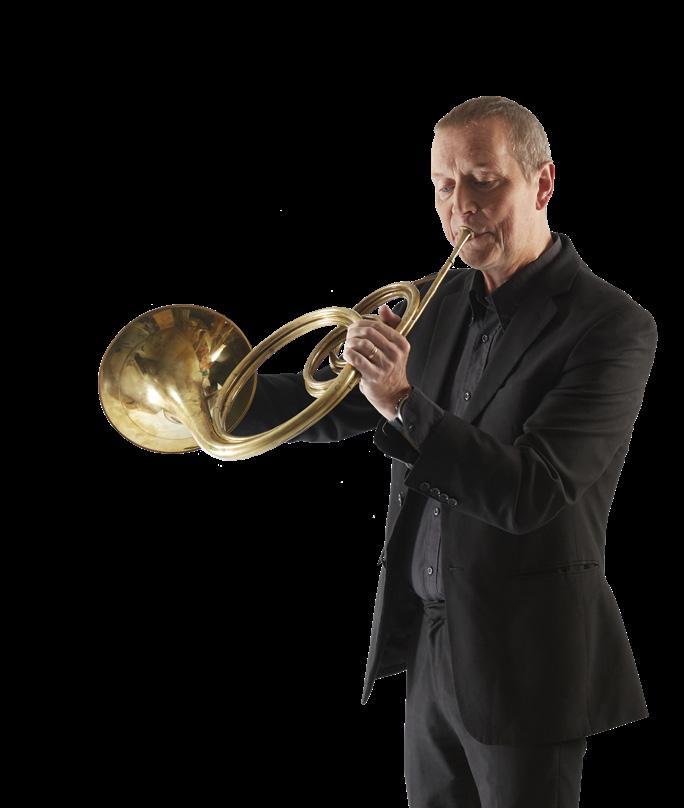
Emeritus Conductors
William Christie
Sir Roger Norrington
Life President
Sir Martin Smith
Board of Directors
Imogen Charlton-Edwards [Chair]
Daniel Alexander
Adrian Bending
Cecelia Bruggemeyer
Denys Firth
Adrian Frost
Alison McFadyen
David Marks
Rebecca Miller
Andrew Roberts
Katherine Spencer
Christine Sticher
Dr. Susan Tranter
Crispin Woodhead
OAE Trust
Adrian Frost [Chair]
Mark Allen
Paul Forman
Steven Larcombe
Imogen Charlton-Edwards
Rupert Sebag-Montefiore
Maarten Slendebroek
Sir Martin Smith
Caroline Steane
Jessica Kemp


John Armitage Charitable Trust
Imogen Charlton-Edwards
Denys and Vicki Firth
Adrian Frost
Sir Martin and Lady Smith OBE
Dr Tony Trapp MBE
Julian and Annette Armstrong
Nigel Jones and Françoise Valat-Jones
Philip and Rosalyn Wilkinson
Mark and Rosamund Williams
Victoria and Edward Bonham Carter
Ian S Ferguson CBE and Dr Susan Tranter
Bruce Harris
Selina and David Marks
Mark and Susan Allen
Sir Victor and Lady Blank
Peter Cundill Foundation
The Vernon Ellis Foundation
Sir Martin and Lady Smith OBE
Steven Larcombe
Peter and Veronica Lofthouse
Stanley Lowy
Gary and Nina Moss
Stephen and Penny Pickles
Rupert Sebag-Montefiore
Maarten and Taina Slendebroek
Caroline Steane
Eric Tomsett
Mrs Nicola Armitage
– Education Director
Katharine Campbell
– Violin
Anthony and Celia Edwards
– Principal Oboe
Claire Espiner
– Cello
James Flynn KC
– Co-Principal Lute / Theorbo
Paul Forman
– Co-Principal Cello, Violin & Co-Principal Horn
Jonathan Gaisman
– Viola
Andrew Green KC and Jennifer Hirschl
– Principal Clarinet
Michael and Harriet Maunsell
– Principal Keyboard
Christina
– Flute
Jenny and Tim Morrison
– Second Violin
Andrew Nurnberg
– Co-Principal Oboe
Professor Richard Portes
CBE FBA
– Co-Principal Bassoon
John and Rosemary Shannon
– Principal Horn
Sir Timothy and Lady Lloyd
Susan Palmer OBE
Andrew and Cindy Peck
Professor Richard Portes
CBE FBA
Sue Sheridan OBE
Crispin Woodhead and Christine Rice
Damaris Albarrán
Noël and Caroline Annesley
Sir Richard Arnold and Mary Elford
George and Kay Brock
David and Marilyn Clark
David Emmerson
Lorna Graddon
Roger Heath MBE and Alison Heath MBE
Peter and Sally Hilliar
Peter Hughes
Kristin Konschnik
Kathryn Langridge
Moira and Robert Latham
Sir Timothy and Lady Lloyd
Roger Mears and Joanie Speers
David Mildon in memory of Lesley Mildon
John Nickson and Simon Rew
Jonathan Parker Charitable Trust
Andrew and Cindy Peck
Tim Rhys-Morgan
Peter Rosenthal
Michael Spagat
Emily Stubbs and Stephen McCrum
Roger and Pam Stubbs
Simon and Karen Taube
Shelley von Strunckel
Mr J Westwood
Marina Abel Smith
Harry Hickmore
Marianne and William Cartwright-Hignett
Jessica Kemp and Alex Kemp
Breandán Knowlton
Dr Jacob Mallinson Bird
Michael Brecknell
Gerard Cleary
Mr and Mrs C Cochin De Billy
Chris Gould
Alison and Ian Lowdon
Dennis and Sheila Baldry
Haylee and Michael Bowsher
Tony Burt
Christopher Campbell
Sir Anthony and Lady Cleaver
David Cox
Stephen and Cristina Goldring
Rachel and Charles Henderson
Malcolm Herring
Patricia Herrmann
Rupert and Alice King
Anthony and Carol Rentoul
Stephen and Roberta Rosefield
Bridget Rosewell
David and Ruth Samuels
Susannah Simons
Her Honour Suzanne Stewart
Bronze Friends
Tony Baines
Penny and Robin Broadhurst
Graham and Claire Buckland
Dan Burt
Michael A Conlon
Mrs SM Edge
Mrs Mary Fysh
Mr Simon Gates
Martin and Helen Haddon
Ray and Liz Harsant
The Lady Heseltine
Mrs Auriel Hill
Rose and Dudley Leigh
Julian Markson
Stuart Martin
Richard I Morris Jr
Mike Raggett
Hugh Raven
Alan Sainer
Matthew and Sarah Shorter
Mr and Mrs Tony Timms
Mrs Joy Whitby
David Wilson

The Britford Bridge Trust
Dreamchasing
The Foyle Foundation
Henocq Law Trust
John Lyon’s Charity
The Linbury Trust
Paul Hamlyn Foundation
Skyrme Hart Charitable Trust
Steel Charitable Trust
The 29th May 1961 Charity
Albert and Eugenie Frost Music Trust
Apax Foundation
The Brian Mitchell Charitable Settlement
The Charles Peel Charitable Trust
The de Laszlo Foundation
Fenton Arts Trust
Harold Hyam Wingate Foundation
Idlewild Trust
Orchestras Live
The Patrick Rowland Foundation
Thriplow Charitable Trust
The Vintners’ Company
Mark Allen Group
Champagne Deutz
Swan Turton WSP
Honorary Council
Sir Martin Smith [Chair]
Sir Victor Blank
Edward Bonham Carter
Cecelia Bruggemeyer
Nigel Jones
Max Mandel
Marshall Marcus
Julian Mash
Greg Melgaard
Roger Montgomery
Susan Palmer OBE
Jan Schlapp
Diane Segalen
Susannah Simons
Lady Smith OBE
Emily Stubbs
Rosalyn Wilkinson
Mark Williams
Thank you to all supporters who wish to remain anonymous.
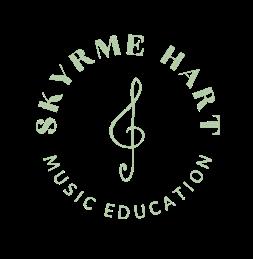
A programme to involve, empower and inspire
The start of a new year school brings with it a slate of fantastic projects taking place at our home in Acland Burghley School in Tufnell Park, around London and across the UK. Our flagship project will be the enchanting The Fairy Queen: Three Wishes at the Queen Elizabeth Hall on 17 January 2024. Turning Purcell’s famous opera into an adventure for all the family, the project will see over 100 young performers join us on stage here at the Southbank Centre. There’s going to be a big party and you’re invited! You can introduce the youngest music lovers in your family to the joy of baroque and classical music at our OAE TOTS concerts here at the Southbank Centre in January and June 2024 and in Tufnell Park. You will often find the team on the road as we continue to build and work closely with our musical communities across the country. We will be delivering residencies in Wiltshire, Somerset, Suffolk Brighton, York, Durham and King’s Lynn. In London we continue to work in partnership with the boroughs of Camden, Brent, Ealing, Harrow, Wandsworth and Merton.
In 14 towns / cities / villages across England
Read the OAE Education Annual Review 2022 / 23 on our website.





In September 2020, we took up permanent residence at Acland Burghley School in Tufnell Park, north London. The residency – a first for a British orchestra – allows us to live, work and play amongst the students of the school.
The school isn’t just our landlord or a physical home. Instead, it allows us to build on 20 years of work in the borough through OAE’s long-standing partnership with Camden Music. Our move underpins our core Enlightenment mission of universal engagement, of access without frontiers. Our regular programme of activity at Acland Burghley includes ‘Encounter Sessions’ introducing the Orchestra to each new Year 7 cohort, workshops for GCSE music and dance students, and our Musical Connections and Ground Base initiatives supporting students with special educational needs and disability. We will be closely involved in delivering the new Government T Level qualifications.
The value of our residency in Acland Burghley School is realised in many ways beyond the immediate practice of orchestral musicianship. One of the key objectives is to lift aspirations and broaden horizons for life beyond the school. We want to help students leave school with richer CVs and stronger professional aspirations. One great way to do that is to mentor the next generation in all those things we have learned as an organisation. This part of our mission captured the imagination of Dreamchasing, Ron Dennis’ chartiable foundation, who generously fund our Dreamchasing Young Producers programme – a group of young people acquiring skills in management and production from budgeting to camera
operation. You may have seen the costumes some of them designed for our performances of Princess Ida in June… and keep an eye out for them in the foyer during tonight’s event!
Life at Acland Burghley will also influence our artistic development. This summer we began work on our Breaking Bach project. An ensemble of eight talented hip-hop dancers worked with internationally renowned choreographer Kim Brandstrup on a new work inspired by Bach’s Double Violin Concerto. The first phase culminated in a triumphant showcase performance at English National Ballet’s Mulryan Centre for Dance on 9 October and its future life will see it develop into a full scale OAE production.
Alexander Parry
Anastasia
Giampoulaki
Armin Eorsi
Arthur Shevlin
Bay JeffriesDunning
Colin Keppler
Daniel Miliband
Daniel Wilton-Ely
Dimitris
Zamenopoulos
Filip Kounoupas
Prastalo
Harvey O’Brien
Ines Whitaker
Iremide Onibonoje
Jaeden Ferritto
Jessica SextonSmith
Laurie WilkinsonWest
Leonard Benoliel
Louis MadelaineRose
Louis Schroell-Tite
Mikey Hau
Mischa Masters
Nathan Kilby
David-Dickens
Raph
Rowan Thomas
Sacha Cross
Sophia Vainshtok
Tamila Saienchuk
Tom Cohen
Zain Sikand

Breaking Bach at the English National Ballet, October 2023

Introduction to the Orchestra for Year 7, September 2023

Ground Base session at Acland Burghley School, October 2023
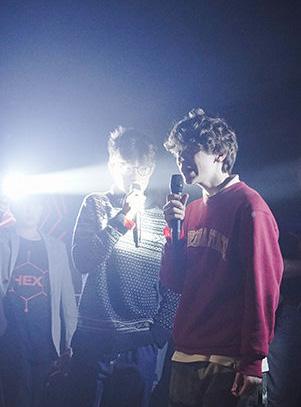
Live at the Hex produced by the Dreamchasing

Students from Acland Burghley School making costumes for our Princess Ida production, June 2023

Dreamchasing Young Producers behind-the-scenes
We’re the largest arts centre in the UK and one of the nation’s top visitor attractions, showcasing the world’s most exciting artists at our venues in the heart of London. We’re here to present great cultural experiences that bring people together, and open up the arts to everyone.
The Southbank Centre is made up of the Royal Festival Hall, Queen Elizabeth Hall, Purcell Room, Hayward Gallery, National Poetry Library and Arts Council Collection. We’re one of London’s favourite meeting spots, with lots of free events and places to relax, eat and shop next to the Thames.
We hope you enjoy your visit. If you need any information or help, please ask a member of staff. You can also write to us at Southbank Centre, Belvedere Road, London SE1 8XX, or email hello@southbankcentre.co.uk
Subscribers to our email updates are the first to hear about new events, offers and competitions. Just head to our website and sign up.
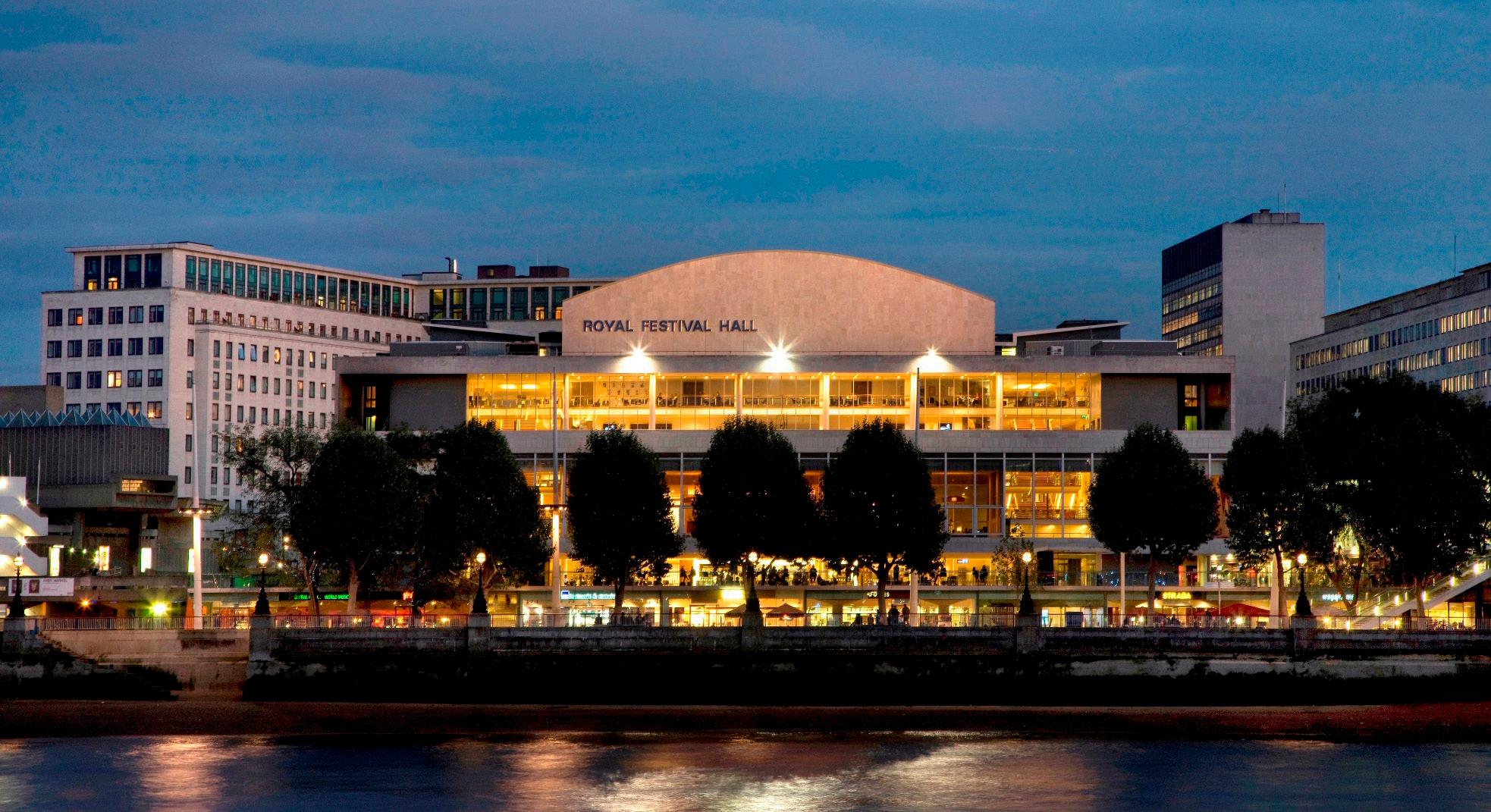
at the Southbank Centre
17 January
THE FAIRY QUEEN: THREE WISHES
A magical family opera
22 February
MOZART: Love is in the air with Riccardo Minasi (conductor)
OAE TOTS
for 2–5 year olds with their parents or carers at the Southbank Centre
14 January Spin, Spin a Story!
THE NIGHT SHIFT
Chamber music down a local pub
In Spring 2024, catch us in Kings Cross, Chalk Farm and Brixton.
Mission: to explore our place in the cosmos guided by the intergalactic genius of JS Bach. Each monthly event features one of Bach’s cantatas, and other choral and instrumental works, alongside a talk by an eminent astronomer.
Guest speakers include Jon Culshaw (actor and comedian), Lucie Green (British physicist), Meganne Christian (European Space Agency Astronaut Group) and Stuart Clark (author of Beneath the Night).




Without the generosity of our Friends, the OAE would not exist.
When you become an OAE Friend, you join us in bringing great music to life. We then give you a front-row and behind-the-scenes view of our work, so that you can see the impact that your donation really makes. This includes supporting our ambitious season of concert performances, digital productions on OAE Player, improving access to music through our Education programme, and our community work at Acland Burghley School.
Whether you wish to watch the rehearsals or get to know the players, a Friends membership offers a heightened OAE concert-going experience and allows you to support the orchestra you love. With your help, we can keep the music playing.
Become a Friend for as little as £50 a year and receive the following benefits:
• Priority booking
• Access to open rehearsals
• Get to know the players
• Regular updates from the orchestra.
To become a Friend, scan the QR code, visit oae.co.uk/support-us or contact us at development@oae.co.uk or 020 8159 9317


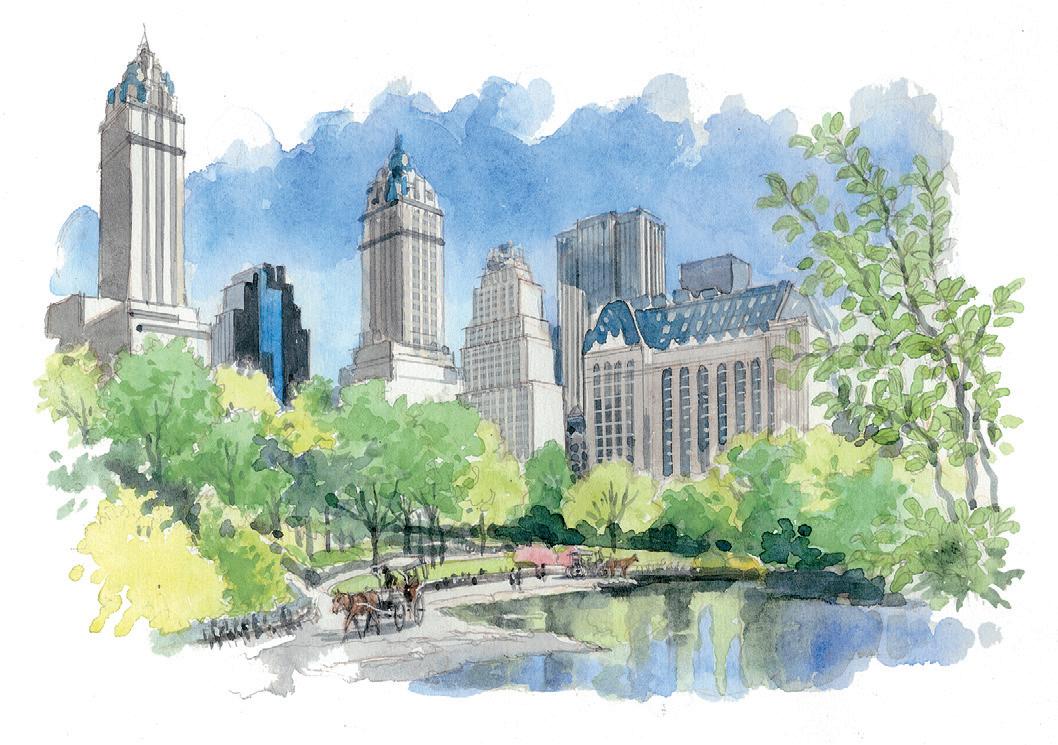






Wednesday 17 January, 7.00pm
Queen Elizabeth Hall
The Fairy Queen is throwing a huge midsummer night’s party. Big. Huge.
Welcome to The Magical Forest. As you make your way through it you’ll soon discover that the journey to The Fairy Queen’s Party is not a straightforward path. Strange things happen all around as sprites and pixies enchant and trick, but the only real obstacle is ourselves.
Composer James Redwood and writer Hazel Gould transform Henry Purcell’s Shakespeare-inspired 1692 opera into a magical new adventure for the whole family.
Kirsty Hopkins soprano
Simone Jonestu Ibbett-Brown mezzo-soprano
Timothy Dickinson bass-baritone
Adam Courting narrator
James Redwood conductor
Hazel Gould director



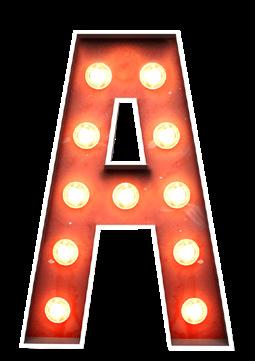
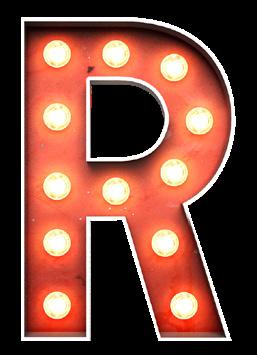

Thursday 22 February, 7.00pm
Queen Elizabeth Hall
A celebration of the prodigious gifts of Mozart with award-winning soprano Louise Alder in a selection of virtuosic operatic and concert arias. The illustrious Riccardo Minasi directs an enthralling evening that concludes with one of Mozart’s most popular symphonies.
Tonight’s concert showcases Mozart’s lifelong love of the soprano voice. Featuring concert arias from the 1780s and from Così fan tutte (1970) and Le nozze di Figaro (1786) we hear the full wizardry of his vocal writing unleashed in works which require a singer of great versatility. His first and final comic collaborations with librettist Lorenzo da Ponte are both satirical love stories which tell of the increasingly stylish artistry of the latter years of Mozart’s career. Plus we’ll have not just one but three overtures, packed with smash-hit tunes.
For the grand finale, we hear the earlier Paris Symphony, a work that kept Mozart’s punters on the edge of their seats with surprising twists.
Louise Alder soprano
Riccardo Minasi conductor





